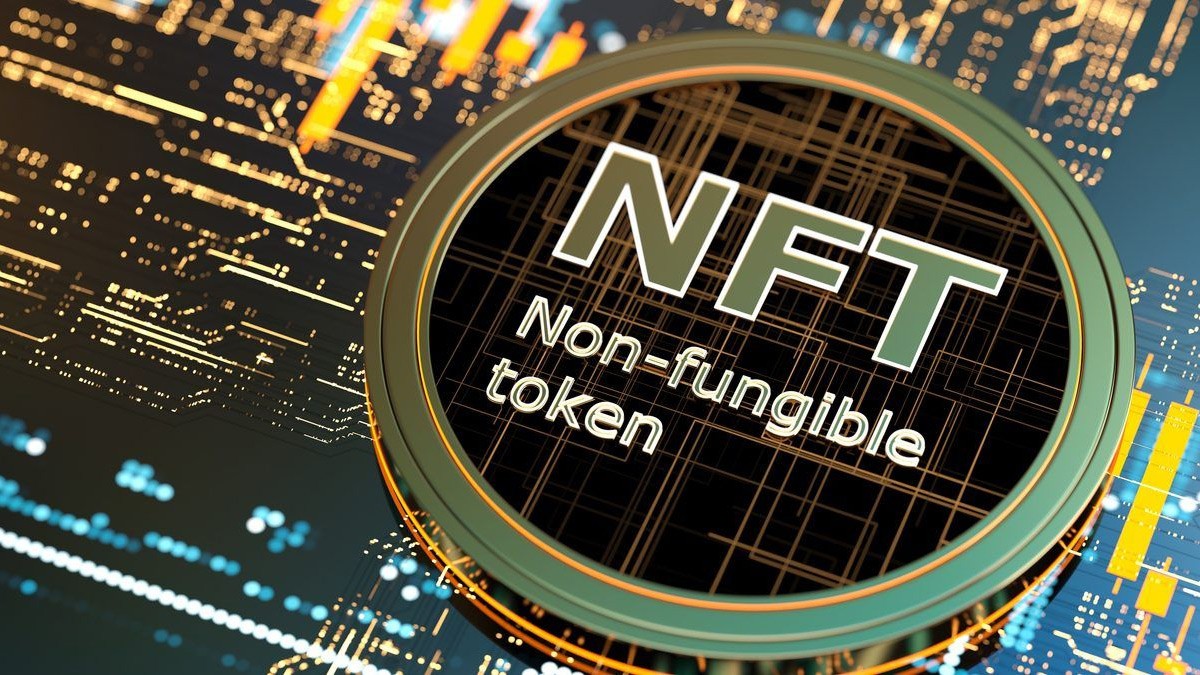State securities regulators for Alabama and Texas have halted the sale of metaverse casino non-fungible tokens (NFTs) associated with a fraudulent investment scheme accused of violating state securities regulations. The firm was found to be illegally offering unregistered securities and defrauding the public.
The Texas State Securities Board (TTSB) entered an Emergency Cease and Desist order naming Cyprus-based Sand Vegas Casino Club and its founders Martin Schwazberger and Finn Ruben Warnke. The parties are accused of illegally offering NFTs to fund the development of virtual casinos in metaverses.
“While many will say, ‘Meta-what?’ Metaverses—and the concept of a singular metaverse—present exciting new commercial and social opportunities,” said TTSB Commissioner Travis J. Iles. “Unfortunately, bad actors often attempt to capitalize on hype to defraud the public.”
The order accuses the firm of perpetrating a high-tech fraudulent securities offering. The parties were offering 11,111 Gambler NFTs in connection with developing casinos in various popular metaverses such as The Sandbox, Decentraland, Infinity Void, and NFT Worlds.
These metaverse casinos reportedly acted as real casinos, except that they operated in virtual worlds, with gamblers acting through avatars to play poker and other games using cryptocurrencies. Purchasers of the Gambler NFTs would supposedly profit from the operations.
These NFTs entitled their holders to become owners of the metaverse casino and also purportedly share in half of the profits generated from these virtual venues, including profits from gambling and profits from the sale of digital assets representing drinks and cigarettes.
The accused parties are also allegedly developing a virtual casino, to be accessed not through metaverses but solely through the interest. They are offering 1,111 Golden Gambler NFTs in connection with this development which they referred to as their web 2.0 casino. Owners of Gambler NFTs and Golden Gambler NFTs own the web 2.0 casino and share in profits from it.
The NFTs were advertised through an internet website and a marketing campaign targeting social media influencers and enthusiasts. They were also promoting interest through frequent webcasts and AMAs, airdrops of voxels, and virtual lotteries for active social media users.
The parties claimed to have provided lucrative rewards to winners of the lotteries, rewarding them with an iPhone 12 Pro, a MacBook Pro, and an iMac, and promising to reward others with a Tesla in an upcoming event. Social media handles for the firm have now been closed.
“Purchasers of any investment—from the traditional stocks and equities to the latest product—need to consider all factors, not just marketing campaigns designed to recruit purchasers,” said Enforcement Director Rotunda. “All investments bear risk, and these risks may significantly impact the bottom line.”
Decentraland, one of the most popular metaverses
Despite the NFTs constituting securities, the company and its founders allegedly advised followers that the tokens “are not regulated as securities,” falsely claiming that the securities laws do not regulate any NFTs, says the TTSB.
“The metaverse provides brands with new commercial opportunities, and many investors are now considering the latest high-tech products,” said Enforcement Director Joe Rotunda. “However, bad actors are now leveraging interest in these opportunities and products.”
The parties were also accused of devising a scheme to obstruct any attempt to regulate the Gambler NFTs and Golden Gambler NFTs. The TTSB argued they were misleading purchasers by claiming they can simply avoid securities regulation by implementing “illusory features or using different terminology.”
“The Respondents are not registered to sell securities in Texas, and the Gambler NFTs and Golden Gambler NFTs are not registered or permitted for sale in Texas,” stated the TTSB. The Alabama Securities Commission also filed a similar enforcement action against the accused parties.
Additionally, the orchestrators of the scheme were accused of concealing their locations, hiding their identities, lying about their experiences, and obscuring the risks associated with investing in NFTs, reports Coingeek.

Following the cease and desist order to Sand Vegas Casino Cub, the TSSB reached out to popular NFTs marketplace OpenSea to notify it that it has been listing securities as per the state regulations without obtaining the necessary license. OpenSea has now suspended the trading of these non-fungible tokens.
Sand Vegas promised buyers of its Gambler and Golden Gambler NFTs they would share in virtual casino profits, forecasting proceeds of as much as $81,000 each year, according to regulators. The cease-and-desist order appears to be the first of its kind tied to metaverses.
NFTs have seen a surge in investor interest as of late, and the U.S. Securities and Exchange Commission (SEC) has not yet offered formal guidance on whether they could be considered securities in some instances, reports Reuters.
Schwarzberger, one of the Sand Vegas Casino Club founders and a respondent in the order, told the cited source the company is working on being compliant with state regulators and the SEC. “We are absolutely confident we can solve this situation and possibly even lead the way for other NFT projects,” he stated.

